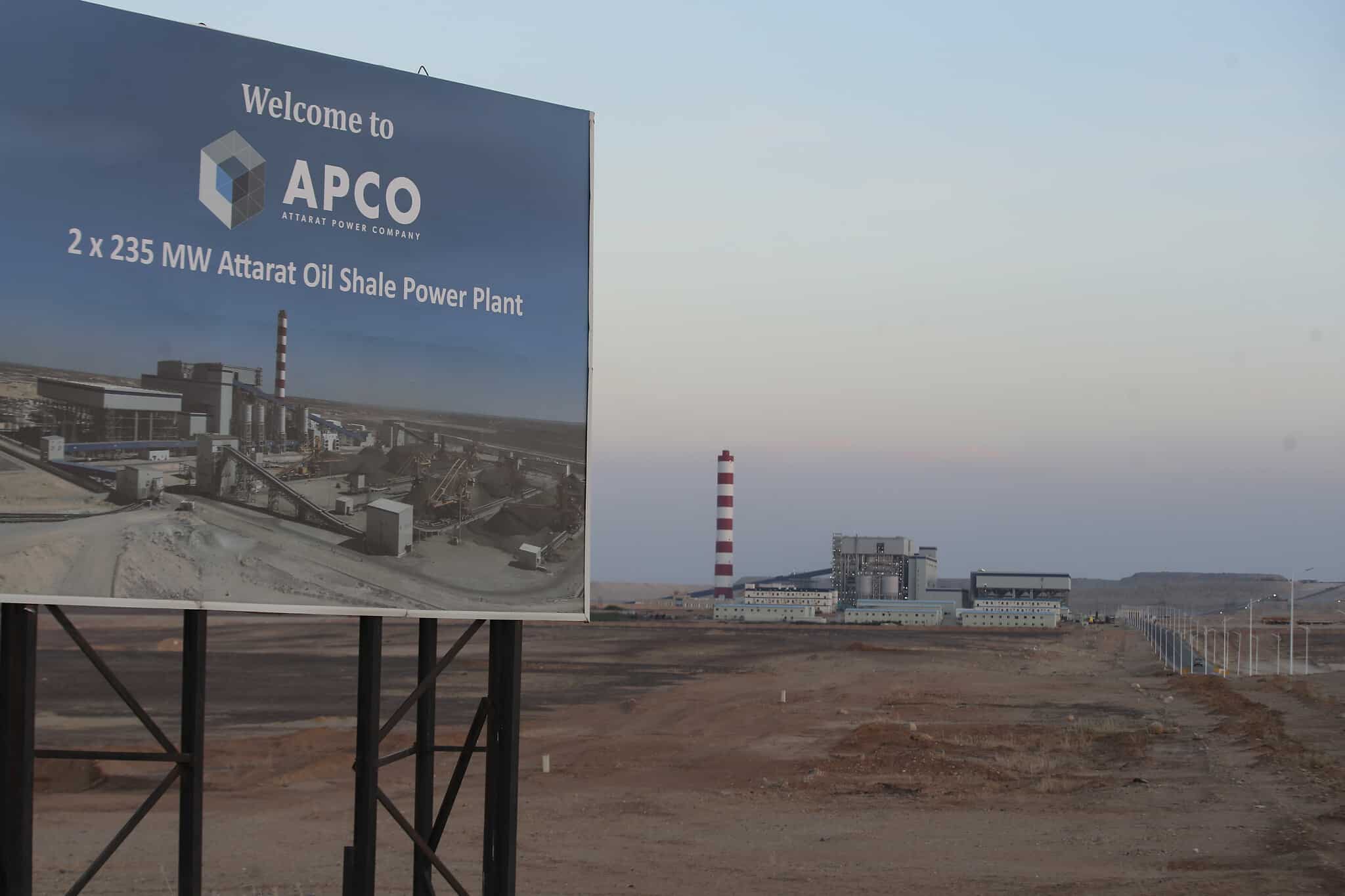In the Jordanian desert south of the capital Amman, the Attarat power plant stands as a controversial testament to China‘s economic engagement in the Middle East. Initially viewed as a beacon of energy autonomy, the project has now become a source of tension due to deals landing Jordan with a significant debt to China.
The plant, situated in a remote region of crumbled black rock, has come under scrutiny weeks after its inauguration. Jordan’s obligations under the deal amount to billions of dollars. Ironically, the plant is no longer deemed necessary for the country’s energy needs following newer agreements.
The $2.1 billion shale oil station has now become a symbolic representation of China’s economic model, often criticised for saddling developing nations with unmanageable debts. “Attarat is a depiction of what the Belt and Road Initiative was and has morphed into,” stated Jesse Marks, a fellow at the Washington-based Stimson Center.
The project was conceived about a decade and a half ago as a national endeavour for energy independence. However, it has drawn ire due to its exorbitant cost. Should the original agreement persist, Jordan would be compelled to pay China a staggering $8.4 billion over three decades for the electricity generated by the plant.
Workers imported from China’s rural regions labour in the plant’s shadow. Amid fears that the project could stall, Shi Changqing, a 36-year-old welder from China’s northeast Jilin province, expressed a sense of discomfort. “It’s very peculiar to feel unwanted here, being from China,” he stated.
Jordan’s tale of financial woes began when the Jordanian Attarat Power Company proposed to extract shale oil from the desert and build the power plant in 2012. The plan was a response to the government’s intensified desire for energy self-reliance in the wake of the 2011 Arab uprisings. However, technical challenges and an expensive extraction process slowed the project’s progression. Interest in Attarat receded after a $15 billion deal to import large volumes of natural gas at competitive rates from Israel in 2014.
Guangdong Energy Group, a Chinese state-owned firm, transformed the failing project by acquiring a 45% stake in the Attarat Power Co. in 2017. The purchase signified one of the largest private ventures under President Xi Jinping’s Belt and Road Initiative outside China.
China’s investment in the plant is part of its broader push into the Arab world, which is eager for foreign capital. The financial backing for extensive infrastructure schemes came with minimal political conditions attached.
The Jordanian government now faces potential annual losses of $280 million under the 30-year power purchase agreement, as per the treasury’s estimations. To meet these costs, the government might have to increase electricity prices for consumers by 17%, striking a blow to an economy already grappling with debt and inflation.
The unfavourable deal with China led to Jordan’s Ministry of Energy initiating international arbitration against the Attarat Power Co. in 2020. Despite the ongoing dispute, company officials deny claims of excessive pricing, instead accusing Jordan of reneging on the agreement due to anti-China sentiment.
China’s extensive investments in the region appear to be slowing in recent years amid growing opposition and domestic apprehensions. For the moment, Jordan seems wary of further Chinese commitments, as evidenced by its recent decision to opt for Finnish company Nokia over Chinese telecoms giant Huawei for a new 5G equipment agreement.
The Attarat saga serves as a stern warning for other nations in the region, urging them to carefully evaluate the implications of major foreign investments. As the case continues at the Paris-based International Chamber of Commerce, the outcome may significantly influence future Chinese ventures in the Middle East.
Image Credit: Raad Adayleh/AP



















